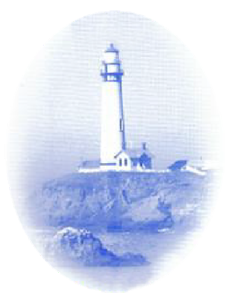Important Internet Safety Tips
- If you are in immediate danger, dail 911.
- Use a safer computer. It might be safer to use a computer in a public library, a trusted friend's house, or at an Internet Cafe.
- If you think your activities are being monitored, they probably are. Abusive people are often controlling and want to know your every move. You don't need to be a computer programmer or have special skills to monitor someone's computer activities.
- Computers can provide a lot of information about what you look at on the Internet, the e-mails you send, and other activities. Search engines and browsers store a history of all internet activity and it's very difficult to delete or clear all of your computers "footprints".
- If you think you may be being monitored on your home computer, you might consider no home internet use at all.
Example: If you are planning to flee to another state, don't look at classified ads for jobs and apartments, bus tickets, etc on a home computer or any computer an abuser has physical or remote access to. Always use a safer computer to research an escape plan. - E-mail is not a safe or confidential way to talk to someone about the danger or abuse in your life, please use our hotline instead.
- Traditional "corded" phones are generally more private than cordless phones or cellular phones.
Local and National Hotline Numbers
Safe Harbor 24HR Local Crisis Line: 309-343-SAFE (7233)
National Domestic Violence Hotline: 800-799-SAFE (7233)
Child Abuse Hotline: 800-25-ABUSE (22873)
